Top Tips When Buying a New Combi Boiler
- What to look out for with before buying a new boiler
- The efficiency of gas and electric combi boilers
- How to make your system more efficient
When it comes to deciding on a new combi boiler, it’s important that you don’t overlook important factors that could help save you money and keep it running for many years. Combi boilers are different to their system boiler counterparts, working for the central heating and domestic hot water at the same time. You save space without the need for a tank for your hot water to be stored.
Usually lasting for a good ten years or so, the efficiency of a boiler will begin to deplete before this time. Although the differences start to be minor, eventually they get to a level where a replacement is worth your while. A new combi boiler will set you back a lot more than operating your existing boiler until it dies, but you’ll end up saving money with its increased efficiency. This article will explore what you should look out for when in the market for a replacement combi boiler and what difference this can make to your home.
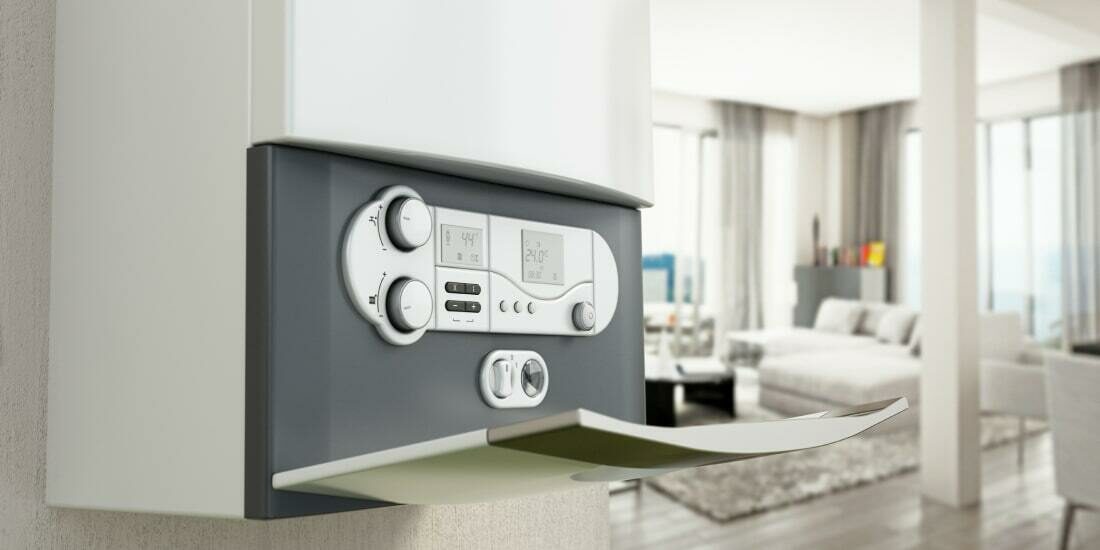
What's On This Page?
Click the links below and head straight to a specific section of the article.
Signs Your Boiler Needs Replacing
Our first tip is to check common issues you’d start to notice with your existing combi boiler. If any of the following applies, you’re in a good position to replace.
It keeps breaking
Repair costs more than replacement
Heating bills have increased
Hot water isn’t warm enough
You are looking to sell or rent
Get the Right Size
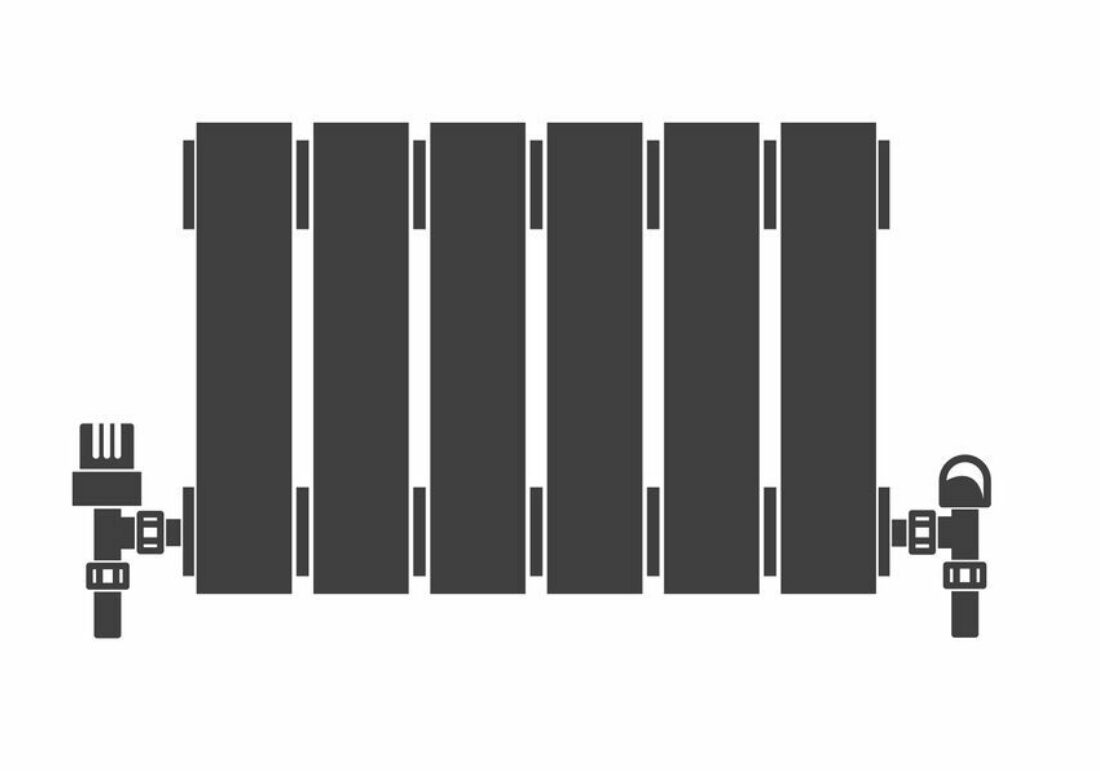
The power of your boiler determines how much it can heat your home. All boilers are limited to how many kilowatts they can produce, which determines how many radiators or rooms it can heat sufficiently. A combi boiler with a lower kW output will be more suitable for smaller households as it won’t be able to cope with a bigger household supply. Similarly, bigger kW outputs will cost you too much to operate for smaller households, causing you unnecessary expenses.
Combi boilers come in different sizes, which are useful for different heating capacities.
Usually, the larger the property, the less likely you are to have a combi boiler. A system boiler will cover the greater heating needs more readily, but a gas boiler will have more power than an electric combi boiler.
Gas or Electric Combi Boiler?

Another tip is to question whether to go electric or to stick with gas. While electricity is more expensive in terms of running costs, gas is still burning fossil fuels. Although electric combi boilers may cost more to operate, they run much more efficiently. Gas boilers, on the other hand, are usually more powerful and can meet greater hot water demands.
Gas boilers are gradually being phased out by the UK Government. The sale of all new gas boilers is being stopped past 2035. To get around this, you could switch to an electric combi boiler in advance. How much is a combi boiler? This depends on which fuel type you go for, as well as its efficiency, size and capacity.
Determine the Energy Efficiency
Not all boilers operate at 100% efficiency. In other words, for every £100 spent per kW, you won’t get 100kW of energy back. All boilers come with an energy efficiency rating, which determines how much energy that convert into heat. Gas combi boilers typically have an efficiency around 93%, while electric boilers are around 99-100% efficient. This means electric boilers will give you more of the heat that you pay for.
How much is a combi boiler to run? As you can see from the graph below, for every £100 spent per unit of energy, the lower the efficiency, the more money you’ll be wasting. A boiler at 93% efficiency makes you waste £7 in every £100, whereas a boiler rated 99% efficient only sees you waste £1 in every £100.
The only downside is that boilers never remain in their most energy efficient state. As the years go by, further percentages are shaved off their efficiency, meaning you’ll be spending even more on heating in order to get the same output as you previously did. In other words, more energy efficient boilers will last you longer and save you money in the long run.
Consider the Location
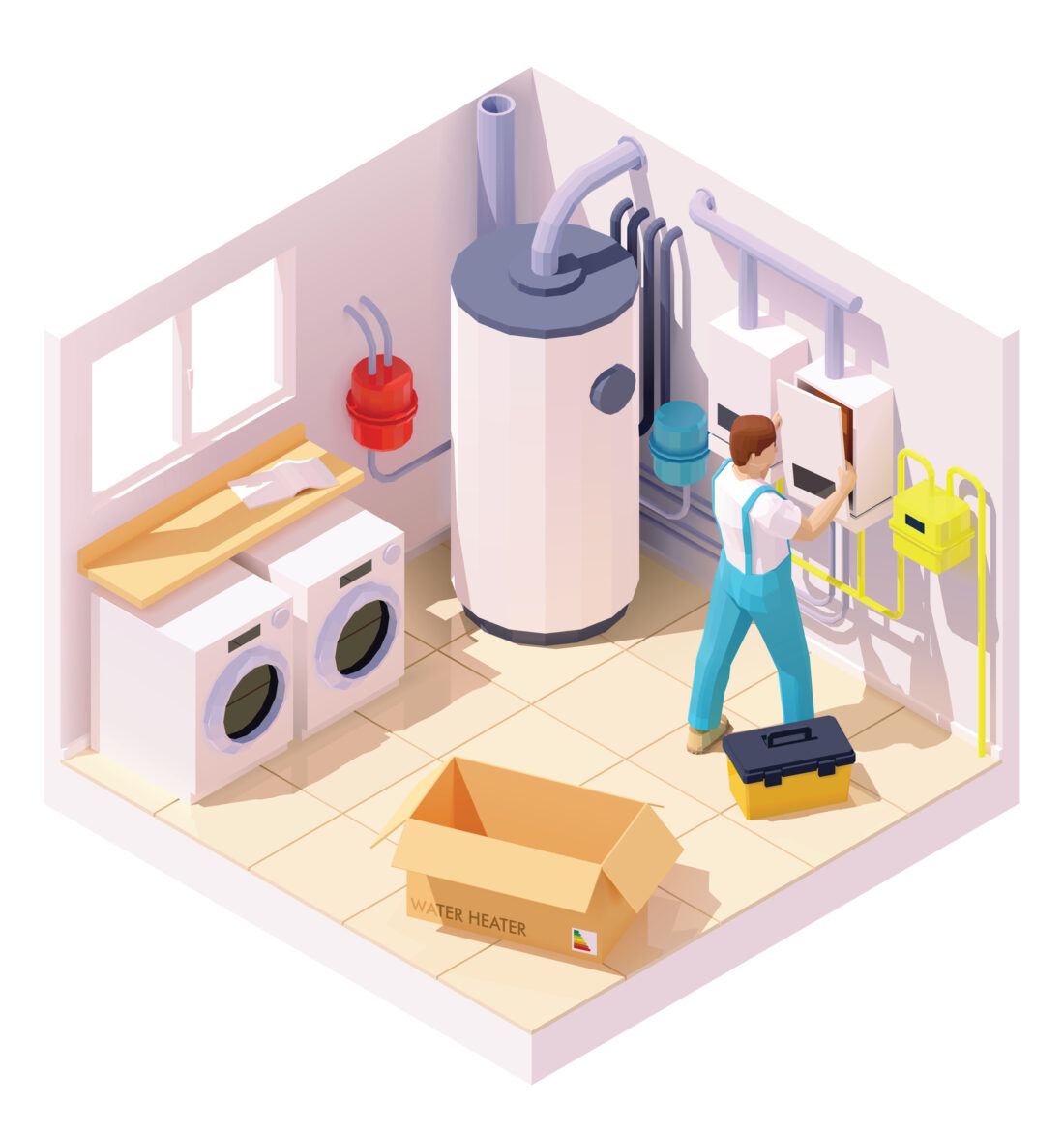
One of the main benefits of modern combi boilers is their compact design, which gives you greater flexibility in where they can be situated. Unlike system boilers, where a separate hot water cylinder will be required, combi boilers take away this hassle by combining the operation in one unit.
You can opt to install your boiler anywhere that suits you, from the kitchen or utility room, to a bedroom, airing cupboard or otherwise. If you’re having a refurb or a general move around, this could give you more space. Just be aware that if you’re moving your boiler to a different area, it will drive up the replacement cost, as the pipework will need to be installed to properly handle the boiler.
Choose Better Controls
In order to get the most out of your new boiler, it’s useful to spend a little more on smart devices. A combi boiler can be paired with a smart thermostat, such as Nest or Hive, so your heating system is as energy efficient as possible. These work by not only giving you control from your smartphone, but by learning your routine so your heating is only on when it needs to be. You’re able to turn the heating on in advance when you’re away if there’s a change in schedule, but smart systems can also be programmed to heat certain parts of the home in order to save you money. Having a smart thermostat installed at the same time as your new boiler is a sure way to keep on top of efficiencies.
Related articles
View all Boiler articles
Save on Heating by Keeping Your Boiler at 60°C

Smart Boiler Installation: All You Need to Know
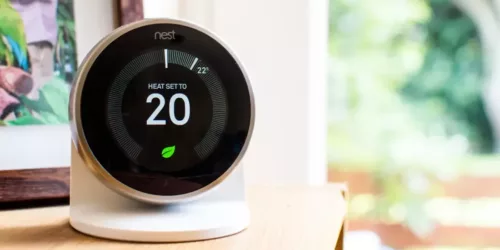
Smart Thermostat Guide: All You Need to Know

Boiler Systems: All You Need to Know About Domestic Boilers
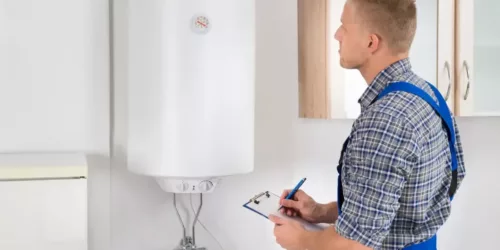
What Size Boiler Do I Need for My Home?
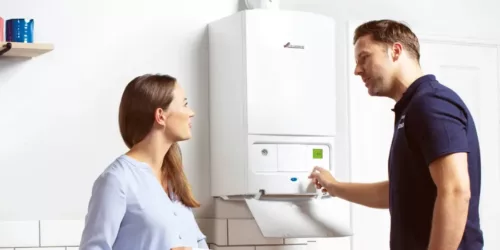
The Complete Guide to Worcester Bosch Boilers
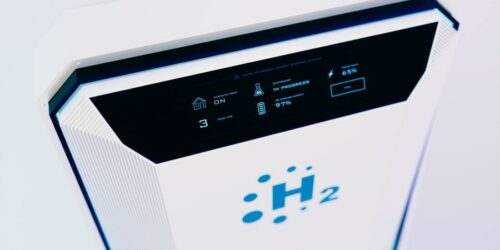
Hydrogen Boilers: The Ultimate Guide







